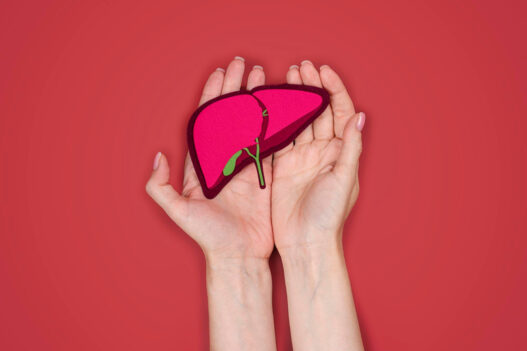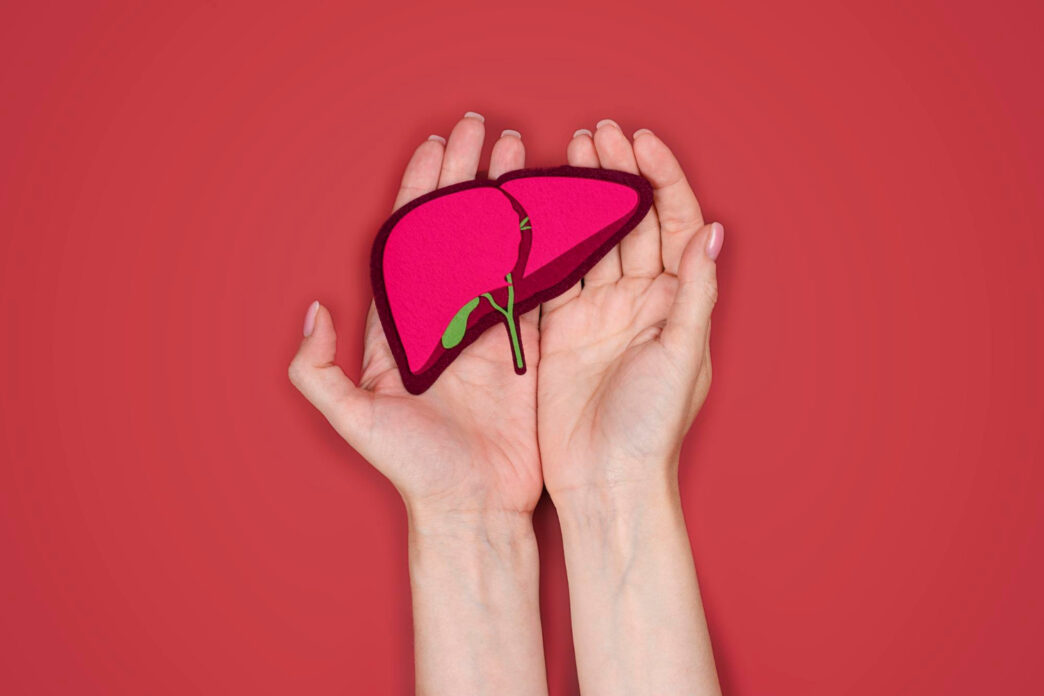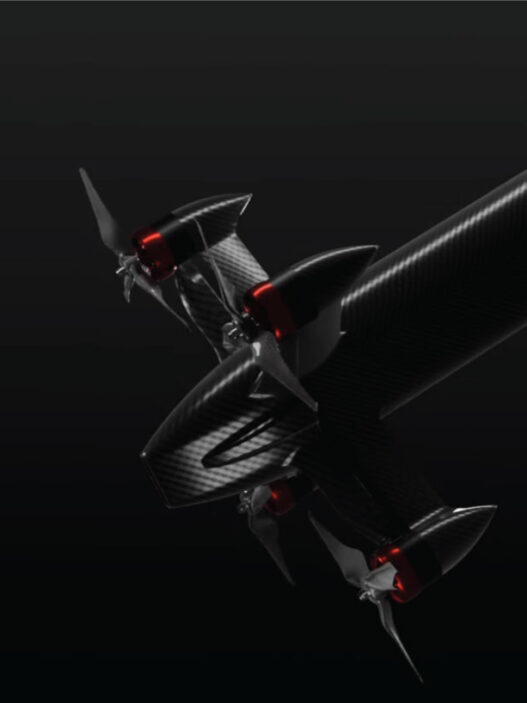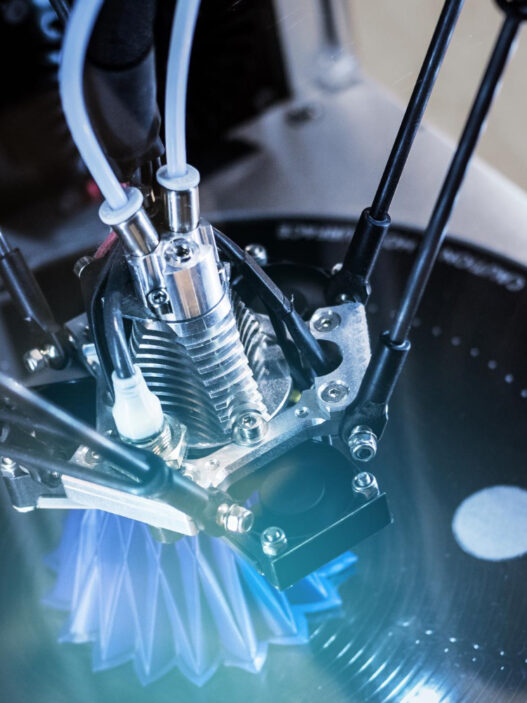A Biotech Breakthrough in Hyderabad
In a modest lab nestled within the University of Hyderabad’s ASPIRE-BioNEST incubator, a startup is quietly rewriting the future for millions suffering from chronic liver failure. Tulsi Therapeutics—co-founded by Dr. Sairam Atluri, who returned to India from the US with a vision—has unveiled Tulsi-28X, a novel therapy that may soon challenge the medical dogma that liver failure always ends with a transplant or despair.
After three years of relentless research, the Hyderabad-based team has delivered stunning results: in preclinical studies conducted on rats, every animal treated with Tulsi-28X not only survived but also showed a complete reversal of liver fibrosis, a signature of true regeneration. In stark contrast, nearly half of the untreated animals died. These findings have electrified both local and international medical circles, as the current landscape offers little more than expensive, risk-fraught transplants with a severe shortage of donor organs.
What Makes Tulsi-28X Special?
Tulsi-28X isn’t just another stem cell therapy—it’s the world’s first to combine Wharton’s Jelly-derived mesenchymal stem cells (from the umbilical cord) and their native exosomes. While both components have been explored individually in liver research, Tulsi’s twist was to harness their synergistic mechanisms. Stem cells lay down new infrastructure; exosomes, packed with healing proteins and signals, ignite the body’s own repair processes. The fusion, say the founders, delivers results far beyond what either could achieve alone.
The platform was built from the ground up in Hyderabad but with global collaboration—running trials alongside renowned researchers at Indiana University (USA) and PGIMER (Chandigarh).
Dr. Atluri told a news agency, “We combined them because they operate through different mechanisms. This maximised the biological outcome and marks a major milestone for India’s biotech sector.”
From Lab Bench to Hospital Ward
With these headline-grabbing results, Tulsi Therapeutics has now applied to India’s Central Drugs Standard Control Organisation (CDSCO) to begin human trials. Their first human study is poised for launch at the Nizam’s Institute of Medical Sciences, Hyderabad, pending regulatory approval.
If successful, this therapy could spell a dramatic shift: an affordable, injectable treatment for chronic liver failure that doesn’t rely on organ donors or invasive surgery—a potential “reset button” for the liver, allowing even late-stage patients a second chance.
The Broader Landscape: Who Else is in the Race?
While Tulsi-28X is capturing the limelight, the field of regenerative medicine is buzzing globally with efforts to treat liver disease using stem cells and similar biologics.
International Efforts
- Promethera Biosciences (Belgium): Developed a therapy using donor liver stem cells, showing early promise in human patients with acute-on-chronic liver failure. Some improvement in symptoms was seen in a small phase I/IIa trial, though optimal dosing and safety remain subjects of research.
- Ongoing Studies: Around the world, dozens of trials are exploring various forms of mesenchymal stem cell (MSC) infusions to slow down or repair liver injury. Most are still in early or intermediate clinical stages, and very few combine exosomes and stem cells as Tulsi does.
- Academic Labs: Universities and hospital research groups in Europe and Asia frequently publish advances, but these are often limited to animal models or small human cohorts.
India’s Unique Edge
Tulsi Therapeutics stands apart for two reasons:
- First-in-Human Status: No other Indian company has yet brought a dual stem cell-exosome therapy this close to clinical trials for liver failure.
- Affordability for Masses: Indian research aims for scale and cost-accessibility, crucial in a country where tens of thousands die waiting for a liver transplant every year.
Looking Forward: Cautious Optimism, Global Impact
Experts acknowledge that results from animal models don’t always guarantee similar miracles in human bodies, but the scientific and logistical groundwork laid by Tulsi Therapeutics is substantial. Human clinical trials—the crucible for any medical hope—are the next milestone.
If Tulsi-28X delivers even a fraction of its preclinical promise, Hyderabad will be known not just for its software parks but also for pioneering regenerative medicine—offering new life to patients for whom current medicine has little left to offer.
For patients and families caught in the shadow of chronic liver disease, hope just acquired a new name—Tulsi-28X.



















